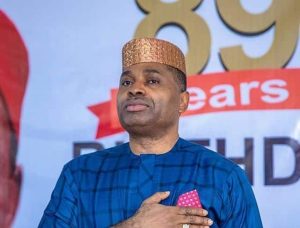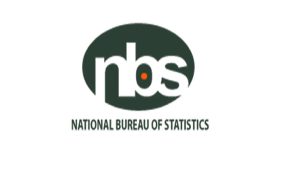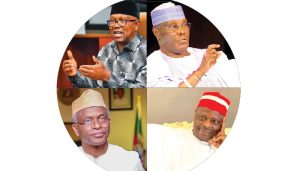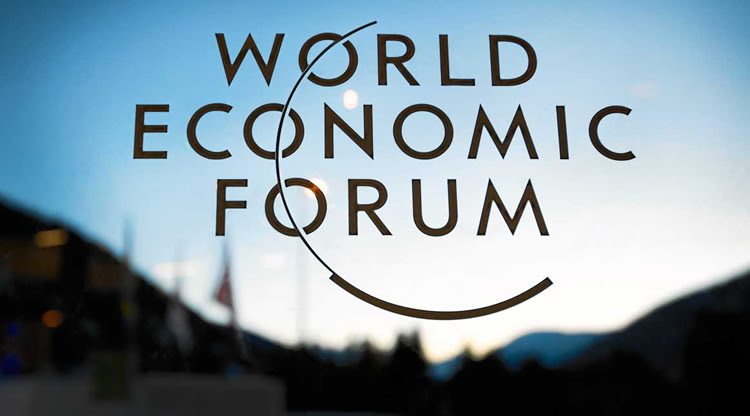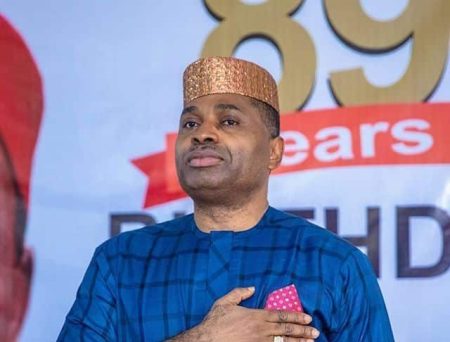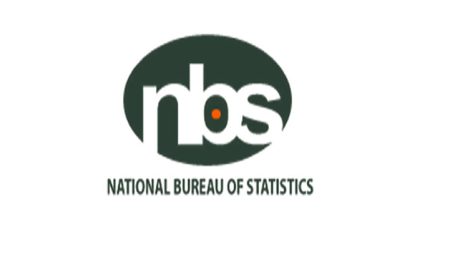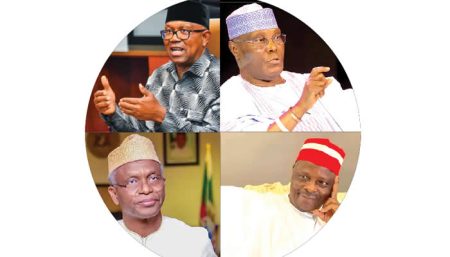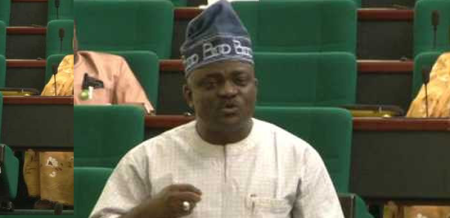Nigeria’s Mixed Progress on Gender Equality: A Deep Dive into the 2025 WEF Report
The 2025 World Economic Forum (WEF) Global Gender Gap Report presents a complex picture of Nigeria’s progress on gender equality. While celebrating a historic high in female labor force participation, the country also experienced setbacks in political representation and educational parity. The report, a long-standing benchmark for tracking global gender equality across economic participation, educational attainment, health and survival, and political empowerment, reveals a nuanced narrative of both advancement and regression in Nigeria’s pursuit of gender parity. The overall picture underscores the multifaceted nature of gender equality and the need for targeted interventions to address specific areas of concern.
The most striking positive development is the surge in female labor force participation, reaching an unprecedented 95.6%, up from 89.9% in 2024. This remarkable growth significantly boosted Nigeria’s Economic Participation and Opportunity score, contributing a 3.6-point increase. This positive trend is further bolstered by an increase in female income, reversing a four-year slump and moving towards greater income parity. These combined improvements paint a promising picture for future workforce parity in Nigeria, suggesting a potential shift toward greater economic empowerment for women. This progress is particularly significant in the context of the global trend towards slower progress on closing the gender gap.
Despite this encouraging economic progress, Nigeria’s overall ranking in the Global Gender Gap Index slipped one position to 124th globally. This decline is attributed to significant regression in political empowerment, where representation of women in ministerial positions plummeted from 17.6% in 2024 to a mere 8.8% in 2025, resulting in a 2.9-point drop in the political empowerment subindex. This stark contrast between economic advancement and political regression highlights the uneven nature of progress and the need for specific policy interventions to address the persistent underrepresentation of women in decision-making roles.
The report also reveals widening disparities in educational attainment. While literacy rates increased for both men and women, the growth rate for men outpaced that of women, exacerbating the existing gender gap. This trend underscores the importance of ensuring equal access to quality education for girls and women, a crucial factor in fostering long-term economic empowerment and societal advancement. Addressing this educational disparity is essential for ensuring that women can fully participate in and benefit from the economic opportunities arising from increased labor force participation.
Furthermore, while healthy life expectancy improved for both men and women, the improvement was more pronounced for men, further highlighting the need for targeted interventions to address the specific health needs of women and girls. This difference, though seemingly small, underscores the persistent challenges in ensuring equitable access to healthcare and promoting the overall well-being of women in Nigeria. The interconnectedness of these factors necessitates a holistic approach to gender equality, addressing not just economic participation but also health, education, and political representation.
In the broader African context, Nigeria’s performance stands in contrast to Namibia’s success, with the latter ranking 8th globally and leading the continent in gender equality. Namibia’s achievement, alongside the progress made by Cape Verde and South Africa, demonstrates the potential for African nations to make significant strides in closing the gender gap. These examples provide valuable case studies for understanding successful strategies and policies that other African countries, including Nigeria, can adopt and adapt to their specific contexts. Learning from regional successes can accelerate progress towards gender equality across the continent.
Globally, Iceland continues to lead the way in gender equality, maintaining its top position for the 16th consecutive year. However, the report warns that at the current rate of progress, it will take another 123 years to achieve full gender parity globally. This sobering statistic emphasizes the urgency of accelerating efforts to close the gender gap and the need for sustained commitment from governments, businesses, and civil society organizations worldwide. While Nigeria’s progress in female labor force participation is commendable, it is crucial to address the remaining challenges in political representation, education, and health to ensure comprehensive progress towards gender equality. A holistic and multi-pronged approach is essential for achieving lasting change and unlocking the full potential of all individuals, regardless of gender.


